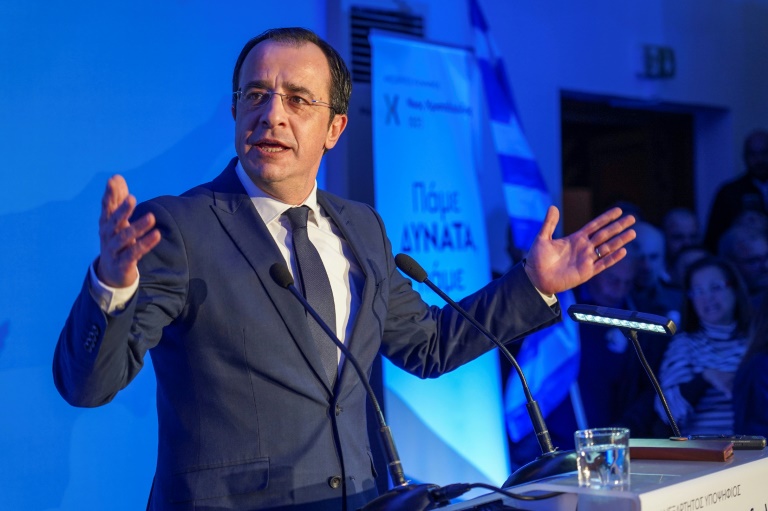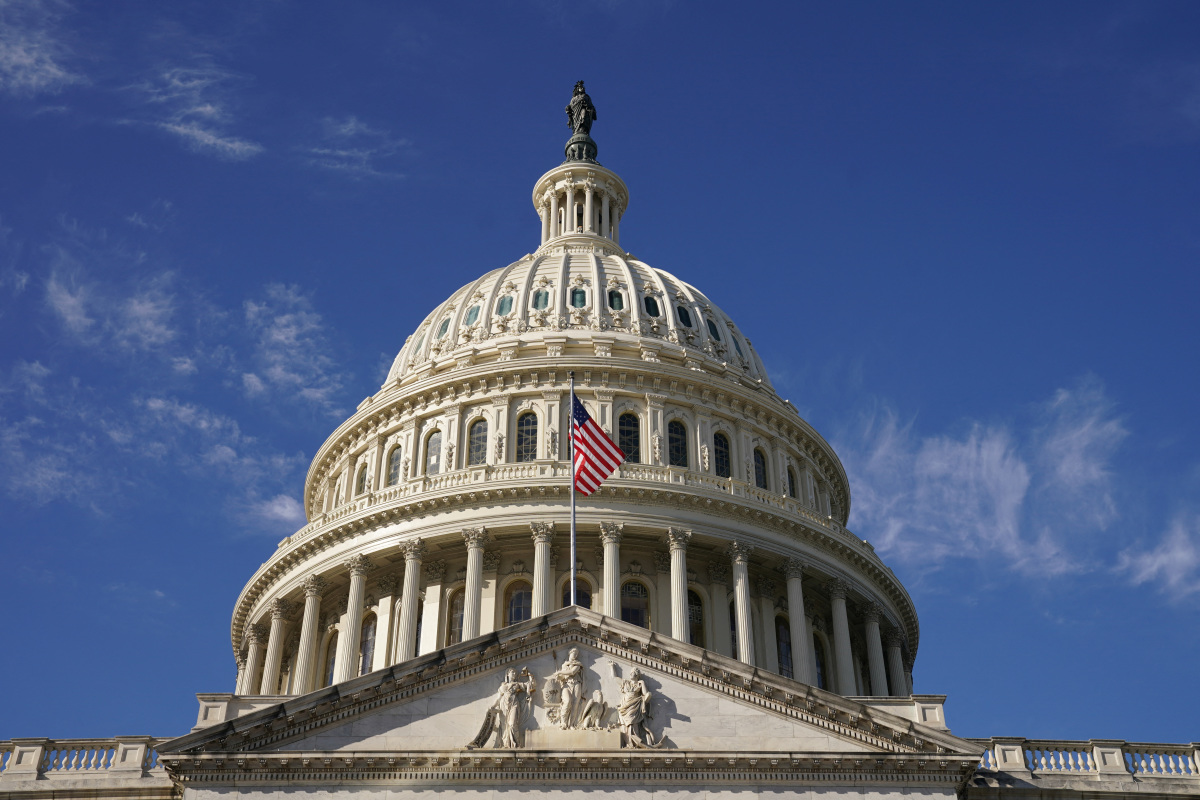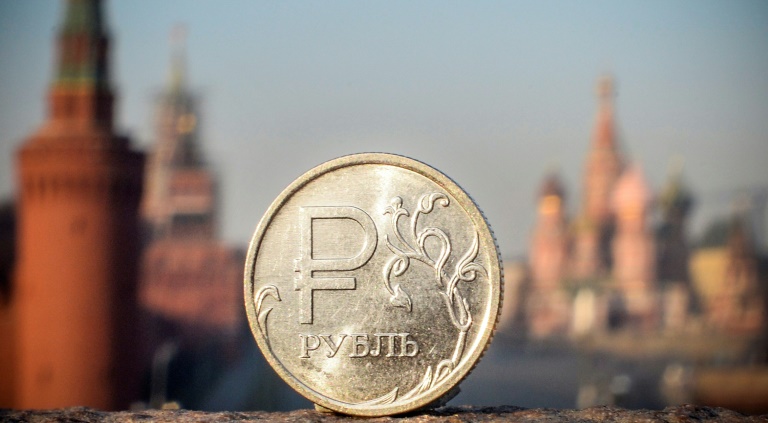AFP
Cyprus votes on Sunday in a close presidential election between three front runners, with the electorate focused more on corruption and the economy than the island’s long-standing division.
A record 14 candidates — but only two women — are standing, with the winner needing 50 percent plus one vote to succeed two-term President Nicos Anastasiades.
Opinion polls predict a run-off on February 12, with no contender expected to secure an immediate outright majority.
Former foreign minister Nikos Christodoulides is the favourite. Backed by centrist parties, the 49-year-old commands a firm lead but not enough to shake off his rivals.
He is likely to face off in the second round against either Andreas Mavroyiannis, a 66-year-old technocrat backed by communist party AKEL, or Averof Neofytou, 61, leader of the ruling conservatives, DISY.
The last opinion poll by state broadcaster CyBC on January 27 had Christodoulides leading at 26.5 percent, Neofytou at 22.5 percent and Mavroyiannis 21 percent.
Many analysts believe that Christodoulides, who served in both Anastasiades administrations, is still the favourite.
“All polls indicate that Christodoulides is going to the second round. I would be very much surprised if he didn’t reach it,” said Andreas Theophanous of the Cyprus Center for European and International Affairs.
“And if he goes to the second round, he is predicted to win. Something radical has to happen to change this.”
Voters appear more concerned about a cash-for-passports scandal and the pressures of irregular migration on public resources than the island’s decades-old division.
Cyprus has been split since 1974, when Turkish forces occupied the island’s northern third in response to a Greek-sponsored coup.
The centrist parties that back Christodoulides take a tough line on reunification talks, but his rivals are seen as less hawkish.
Neofytou is seen as a pragmatist and “dealmaker”, while Mavroyiannis backer AKEL champions reconciliation with the Turkish Cypriots.
Analysts say campaign pledges to root out corruption and improve the economy are key issues for the electorate.
“Corruption is at the core of the discussion, the economy and daily life. The Cyprus problem is a secondary issue,” said Giorgos Kentas, associate professor of international politics and governance at the University of Nicosia.
Although Christodoulides was a cabinet member, he seems to have escaped the taint of corruption.
“People know there is corruption; the explanation that Christodoulides gave seems plausible to them — that he had no direct responsibility, and they believe that,” said Theophanous.
Kentas believes Christodoulides is attracting support because he is seen as independent.
“This election is all about personality and people like Christodoulides,” said Kentas.
“The other two main candidates are supported by political parties in a top-down process. Christodoulides did not reach out for support — they reached out to him.”
Kentas believes whoever is elected will need “to work hard to re-establish the country’s credibility on the world stage. That’s very important.”
Despite January inflation slowing to 7.1 percent from 7.9 percent in December, high energy and food prices remain a concern.
“Irrespective of who wins, there is the challenge of low salaries and high rents faced by the younger generation,” said Theophanous.
Of the 561,033 people eligible to vote, 730 are Turkish Cypriots registered in the government-controlled south, chief returning officer Costas Constantinou said on Friday.
He said 10,346 Cypriots abroad are also registered to vote.
Polling stations open at 7 am (0500 GMT) on Sunday with an hour-long break at noon. Voting ends at 6 pm.
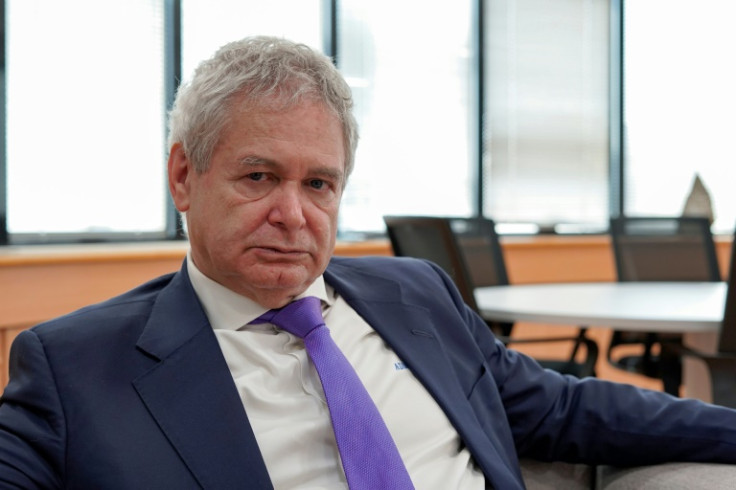
AFP
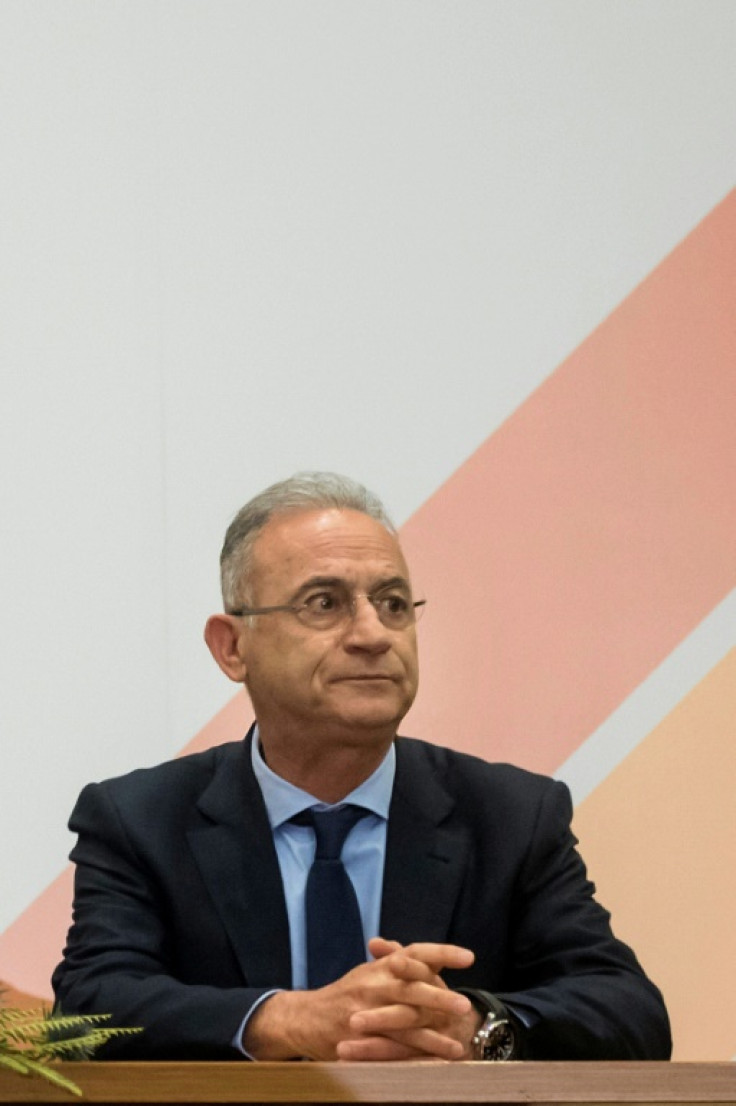
AFP

